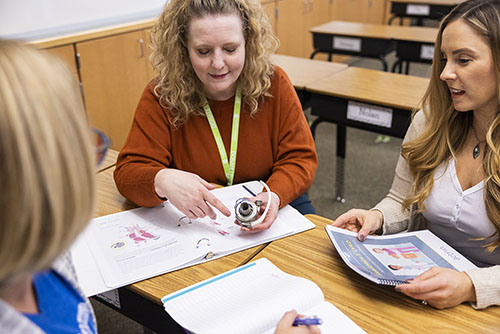Ventricular Assist Devices (VAD)
What is a VAD?
A ventricular assist device (VAD) is a mechanical pump a surgeon connects to your child’s heart, usually during open-heart surgery. It may be implanted either inside or outside your child’s chest.
A left ventricular assist device (LVAD) helps the heart pump oxygen-rich blood to the rest of the body. A right ventricular assist device (RVAD) helps pump oxygen-poor blood to the lungs. Some children need a device that does both (BiVAD). Children with a single ventricle can also be supported with a VAD (SVAD).
A VAD can be used for children waiting for a heart transplant or for children whose heart muscle needs to rest and heal.
What’s special about VADs at Seattle Children’s?
-
Deep expertise in caring for children’s hearts
- Seattle Children's is the only pediatric heart center in the Pacific Northwest with the depth of expertise to offer every type of therapy for heart failure, including VADs.
- Our VAD program is part of a comprehensive approach to caring for babies, children and adolescents with advanced heart failure, whether due to congenital heart disease or cardiomyopathy. We offer the full spectrum of treatment, including the most advanced medical and surgical options.
- To get the best outcomes for your child, we have a highly skilled team with special training in the needs of children on VADs. They include cardiac surgeons, cardiologists, cardiac anesthesiologists, cardiac intensivists and others with a great deal of VAD-related experience.
- Seattle Children's Cardiac Intensive Care Unit (CICU) provides the highest level of care for children who are critically ill with heart problems. Ours is the only pediatric CICU in the region.
-
We can choose the device that's best for your child
- Seattle Children’s offers many types of VADs, including newer options not available at every hospital, so we can choose the device that’s best for your child.
- Our doctors have the experience to decide which device to use for your child’s unique needs. The choice depends on your child’s age, size and health.
- When possible, we use a device that lets your child move around and even leave the hospital. This helps with rehabilitation and can get your child to a transplant (if they need it) in the safest, most effective way. The lungs and kidneys also work better when a person is free to move.
-
Research to improve quality of life
- The Heart Center team does research to understand which children will benefit from VAD support and which device can most safely support each child. This research helps us refine and improve treatment plans. Our goal is to better support patients and reduce the risk for further health problems.
- Seattle Children’s participates actively in the Advanced Cardiac Therapies Improving Outcomes Network (ACTION). This is a group of healthcare providers, researchers, parents and patients from a wide range of medical centers around the country. ACTION works to improve care for children on VADs by sharing data and outcomes, improving training and developing standard best practices.
- Our experts play an active role in defining and refining the use of VADs in children. Seattle Children's was 1 of the original 10 medical centers chosen to take part in a nationwide U.S. Food and Drug Administration (FDA) study testing the Berlin Heart. The FDA approved this device in 2011.
Types of VADs We Offer
Cardiac surgeon Dr. Michael McMullan explains many of the VADs that Seattle Children’s offers and why it’s important to be able to choose the device that best matches your child’s needs.
-
Berlin Heart
This device can support the left ventricle, right ventricle or both ventricles in a child of any age. It sits outside the body and is connected to the heart with tubes. Your child will need to stay in the hospital while using the Berlin Heart.
-
PediMag and CentriMag centrifugal pumps
These devices are most often used on a short-term basis in children and adolescents to provide support until another device can be placed or the patient recovers. For certain patients, these devices may be used to provide longer-term support until transplant. The PediMag and CentriMag lie outside the body and can be used to support the left ventricle, right ventricle or both ventricles. Your child will need to stay in the hospital while using either of these devices.
-
HeartMate 3
This device supports either the left ventricle or a patient’s single ventricle and is used in adolescents and adults. The HeartMate 3 is placed inside your child’s chest. It is connected to the heart and to a wire that comes out through the skin to a control device and power source. Most patients can leave the hospital with the HeartMate 3.
-
Impella
This device provides short-term support of the left or right ventricle. The device is inserted through a blood vessel in the groin or the arm and does not require open-heart surgery. Your child will need to stay in the hospital while using the Impella.
-
SynCardia Total Artificial Heart (TAH)
Unlike other devices that support only part of the heart, this device can be used to do the work of both sides of the heart. Like the HeartMate 3, it is used in adolescents and adults. The SynCardia TAH is implanted inside the chest, which allows your child to be mobile and even to leave the hospital.
Julie’s Story (Video 5:40)
When myocarditis suddenly threatened her life, Julie traveled from Hawaii to Seattle Children’s to receive a HeartMate. The VAD kept Julie healthy enough to wait for a heart transplant — and gave her the chance to build her first snowman. Read more about Julie’s story.
Seattle Children’s VAD Team
Providers involved in the VAD program include cardiac surgeons, cardiologists, cardiac anesthesiologists, pediatric surgeons, cardiac intensivists, nurses and respiratory therapists with advanced training and cardiopulmonary perfusionists.
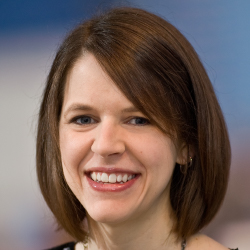

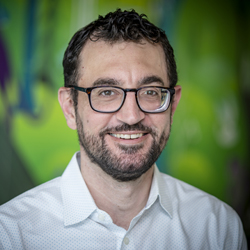

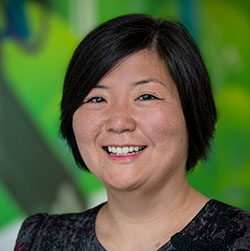

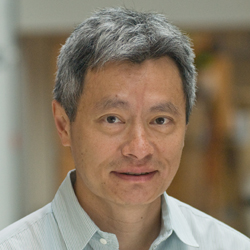

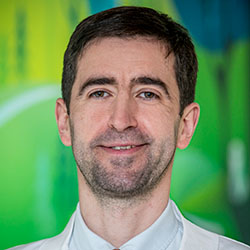

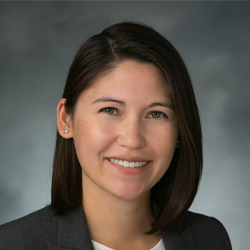

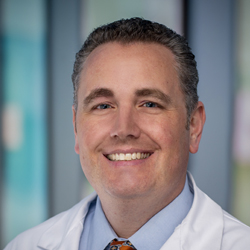

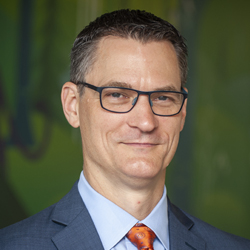

Michael McMullan, MD
Division Chief, Congenital Cardiac Surgery; Surgical Director, Cardiac Transplant; Director, Mechanical Cardiac Support and ECLS Services
View Profile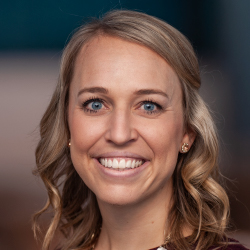

Paying for Care
Learn about paying for care at Seattle Children’s, including insurance coverage, billing and financial assistance.
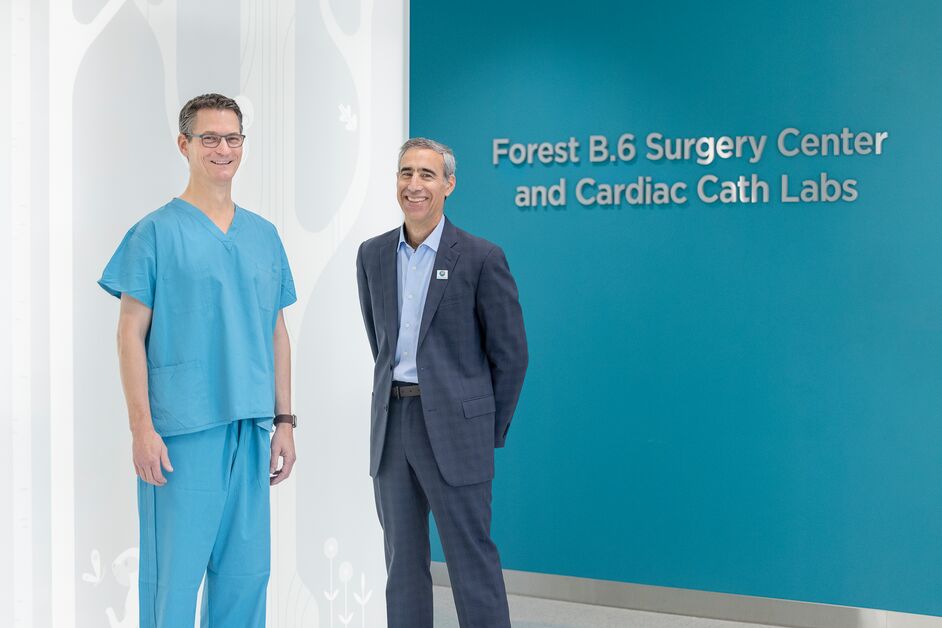
Contact the Heart Center
Contact the Heart Center at 206-987-2515 for an appointment, second opinion or more information.
Providers, see how to refer a patient.
